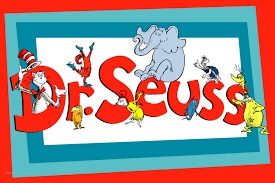
by the Editorial Staff
Feb. 3, 2022
With many industries pushing for an increase in diversity, educational institutions in the U.S. are moving in the opposite direction.
Critical race theory has been in constant discussion recently as school districts, some located in Pittsburgh, remove important resources from student access. Schools are removing books for “containing critical race theory,” but they should not have that authority.
This month, a school library in Katy, Texas, recently banned author Jerry Craft’s “Class Act” and “New Kid.”
Craft’s official website said the companion books outline the life of middle-schooled Jordan Banks as he starts over in a new school “where diversity is low and the struggle to fit in is real.”
When these stories are ignored, it ultimately gives the message that they are not important for children. But they are. When taught in the right context, books about these unrecognized perspectives provide a valuable learning experience.
Are proponents of these book bannings scared that fictional writing will significantly affect children’s ideas about themselves?
According to Maria Trent, a published scholar in the Journal of the American Academy of Pediatrics, “Children…experience personally mediated racism early in their schooling, which may be internalized and ultimately affect their interactions with others.”
Banning children’s books from schools will not prevent children from encountering racism early in their lives. In fact, banning books negatively influences children’s and educator’s abilities to practice free speech and rightly navigate their own experiences.
In the 1982 Supreme Court ruling on Board of Education v. Pico, Justice William Brennan wrote that taking books off of library shelves could violate students’ First Amendment rights, adding that “Local school boards may not remove books from school libraries simply because they dislike the ideas contained in those books”.
Arizona State English professor Sybil Durand stated that “banning books about controversial issues is akin to keeping silent about the fact that young people face difficult issues in their daily lives.”
No single government or community should be given the authority to censor books. In this age of sensitivity to diverse backgrounds, children must learn the value of their words and actions.
When children read about the lives of characters, they are given a chance to learn empathy for the experiences of other people or relate the characters to their own lives.
In the future, books discussing racism should remain available to students for their value in “critical race theory,” not regardless of it.



